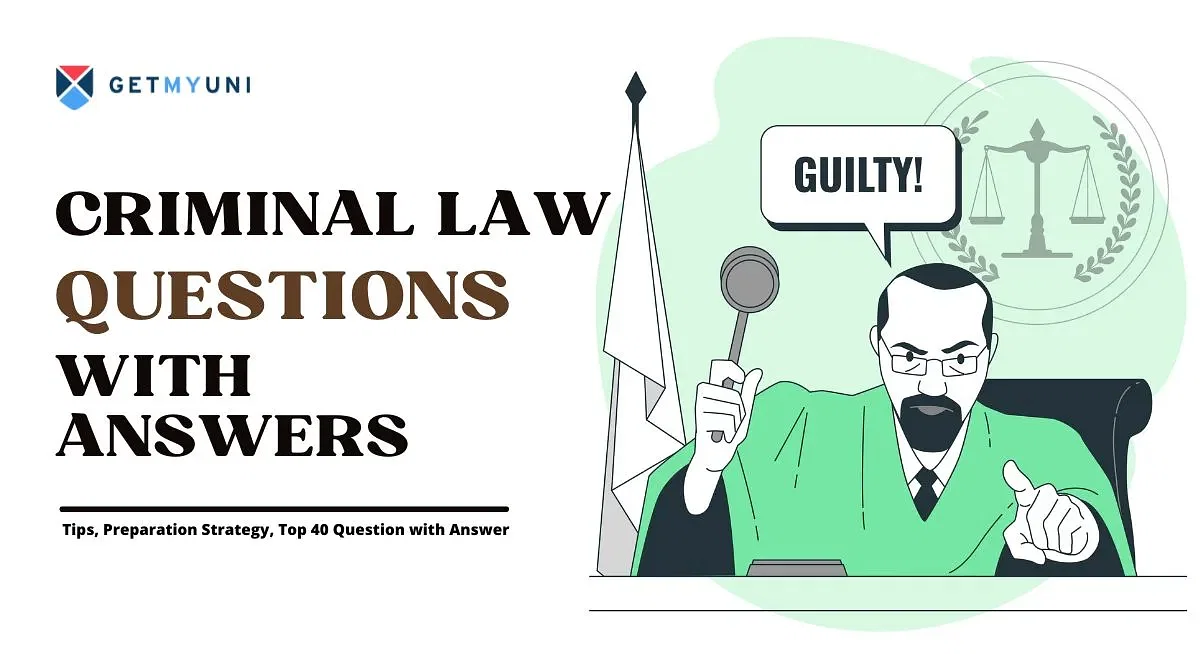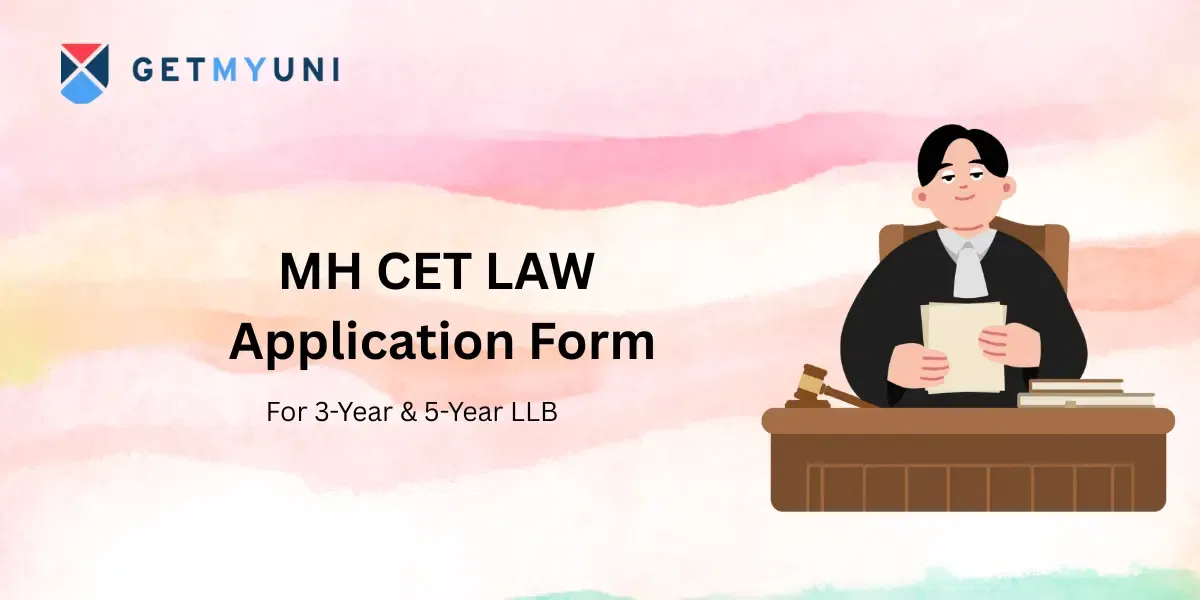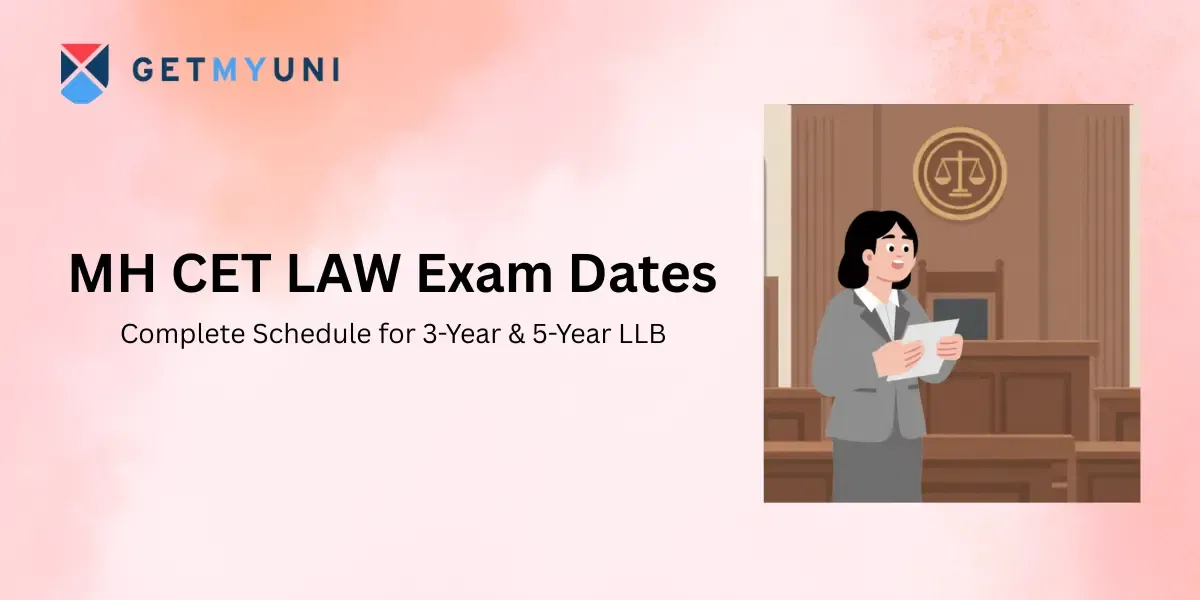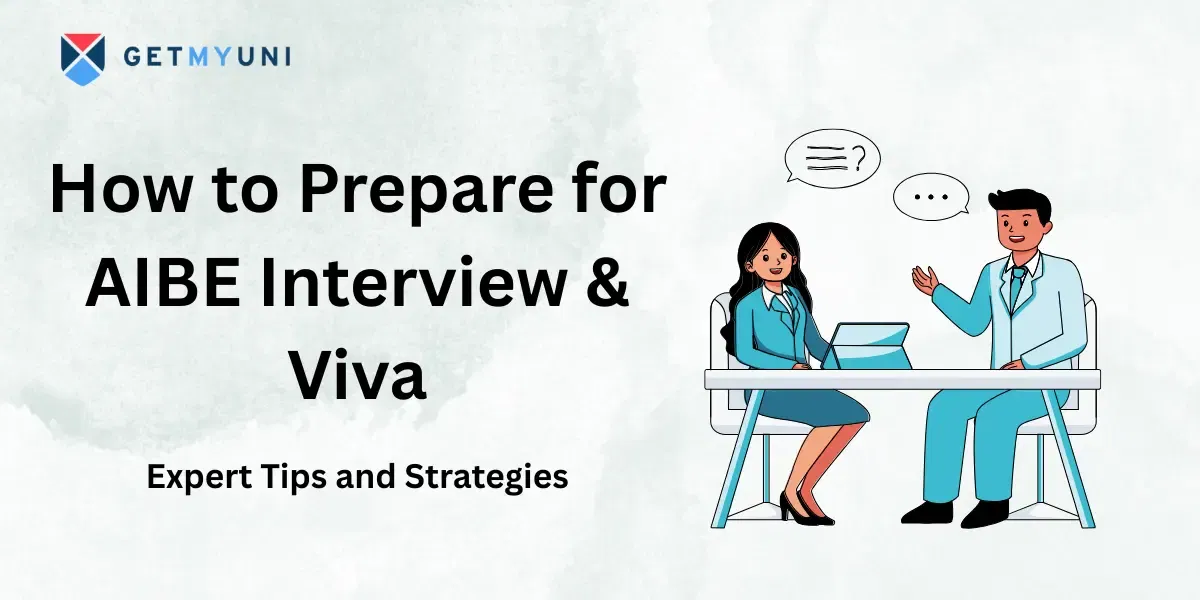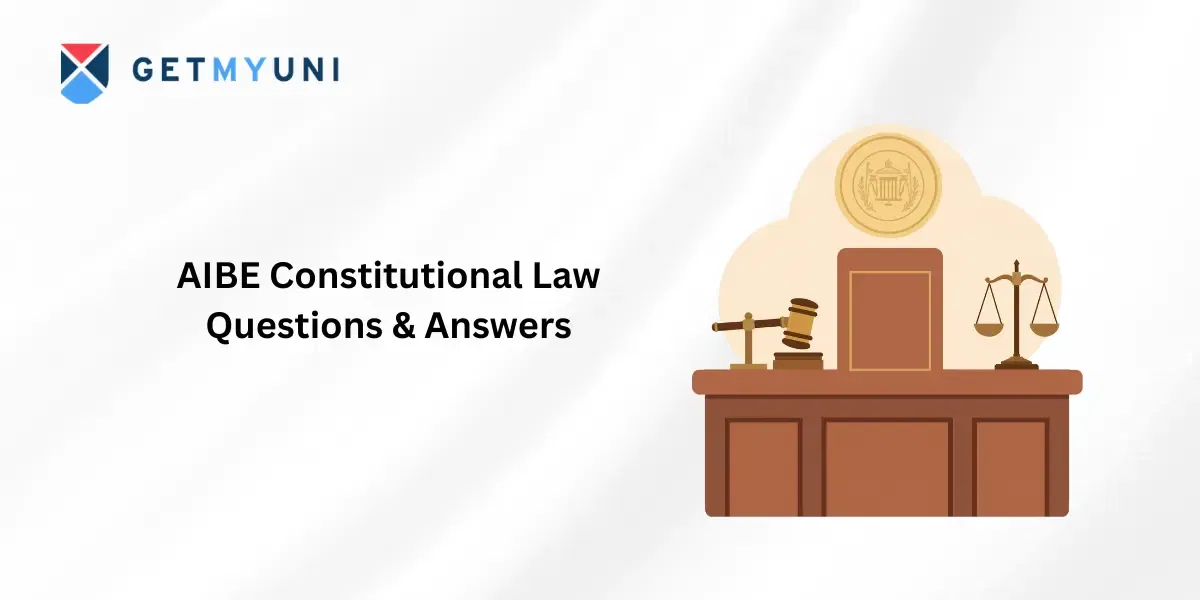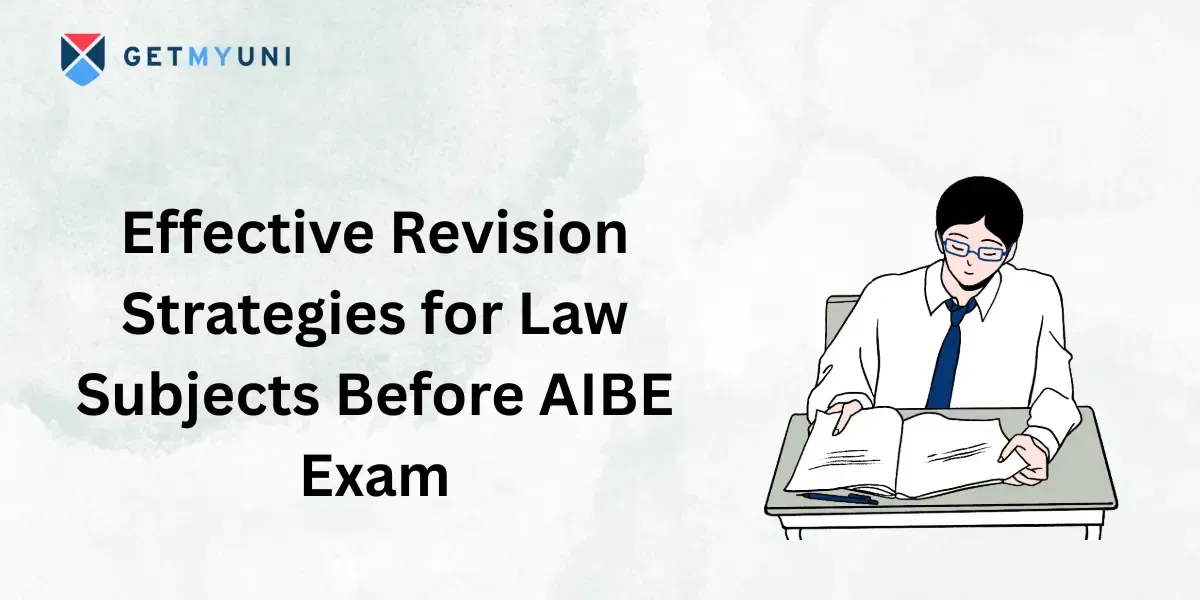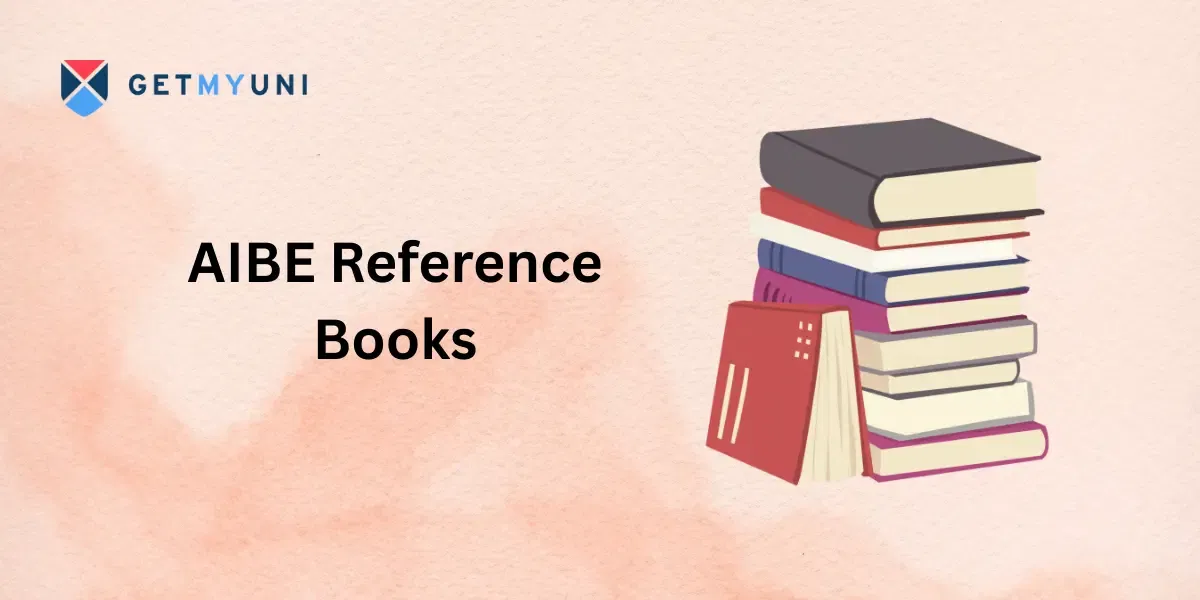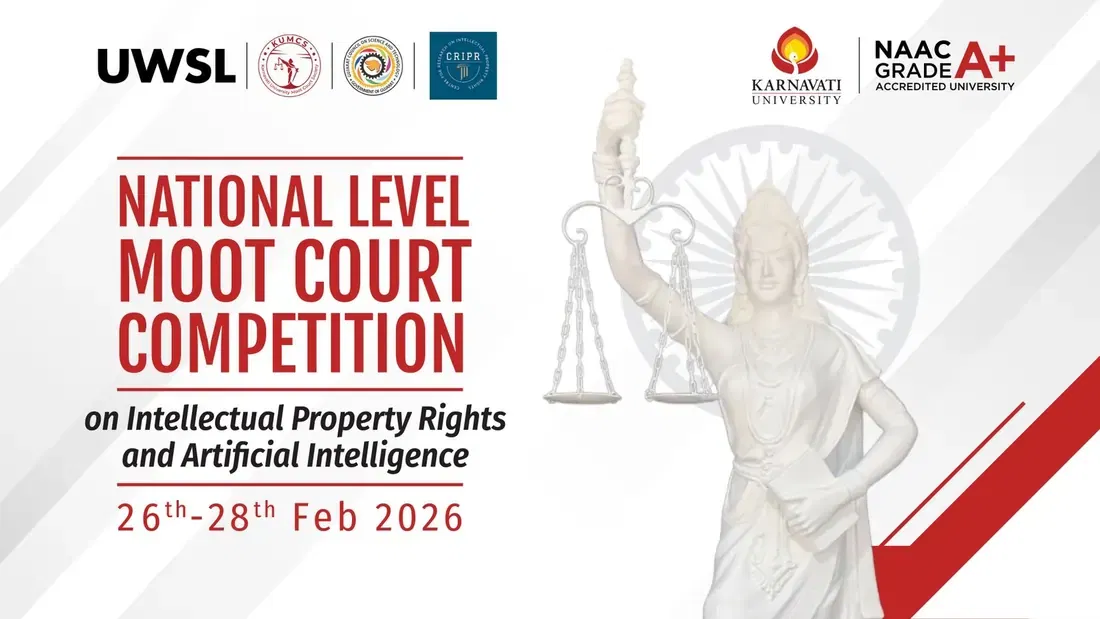Popular law courses after 12th include LLB, LLM, diploma in law, and integrated law courses like BA LLB, BBA LLB, BSc LLB, etc.
Law Courses After 12th includes both 3-year LLB courses and 5-year integrated law courses such as BA LLB Hons, BCom LLB, BCom LLB Hons, BBA LLB, BBA LLB Hons, BSc LLB, BSc LLB Hons, BTech LLB. Students who have completed high school can apply for undergraduate law studies.
The basic eligibility criteria for law courses after 12th grade is a minimum of 50% aggregate grades in class 10 and class 12 exams. Some top law schools have Law Entrance Exam results (CLAT, AILET, LSAT, etc.) for admitting students to law programs. Postgraduate law programs require students to have graduated from a related discipline.
Criminal law, corporate law, and cyber law are among the most popular specializations in law. Students can choose to study law in general or a specific specialization.
Law specializations are considered to have significant earning potential after graduation.
Highlights of Law Courses After 12th
The details of law courses after 12th are tabulated below consisting of the average duration of the study, mode of application, eligibility criteria, job roles, average salary, and top recruiters.
| Parameters | Details |
| Types of Degrees Offered | Diploma Course, Certificate Course, Undergraduate Course, Postgraduate Course |
| Average Duration | 3 to 5 Years |
| Mode of Application | Online & Offline |
| Eligibility | 12th Pass with 45% marks |
| Accreditation Body | UGC / DEB |
| Job Roles | Government Lawyer, Criminal Lawyer, Civil Litigation Lawyer, Judge |
| Average Salary | 8 LPA - 10 LPA |
| Top Recruiters | Tata Consultancy Services, EY, Deloitte, Accenture |
List of Law Courses After 12th
The top law courses after 12th that students can choose to enrol are LLB, BA LLB, BSc LLB, BCom LLB, LLB with Honours. The majority of these law courses combine two distinct degree programs into one integrated approach general degree and other honours degree. A general overview of the different types of law courses available for students is tabulated below:
| Course Type | Course Offered | Duration |
| Integrated UG Law Course | BA+LLB, BCom+LLB, BBA+LLB | 5 Years |
| Diploma Law Course | LLB | 3 Years |
| Certificate Law Course | LLM | 2 Years |
| Criminal Law Course | DIPP, PGCCL, PGDCJ | 1 to 2 Years |
| Corporate Law Course | CHR, CCP, CIHL, CCLBL | 6 Months |
Integrated Law Courses After 12th
Integrated LLB after 12th includes dual degrees with one being that of law and the other ranging from the arts to science stream. Integrated law courses after 12th are BA LLB, BA LLB honours, BCom LLB, BCom LLB honours, and much more.
- BA LLB
- BA LLB Hons
- BCom LLB
- BCom LLB Hons
- BBA LLB
- BBA LLB Hons
- BSc LLB
- BSc LLB Hons
- BTech LLB
- BLS LLB
Diploma in Law After 12th
Diploma in law courses are usually short-term courses that provide valuable insights to the students in specific topics. Law after 12th are subject oriented like cyber law, taxation laws, business laws and others listed below:
- Diploma in Cyber Law
- Diploma in Criminology
- Diploma in Taxation Laws
- Diploma in Labour Law & Labour Welfare
- Diploma in Human Rights Law
- Diploma in International Laws
- Diploma in Business Law
- Diploma in Information Technology Laws
- Diploma in Criminal Law
- Diploma in Corporate Law & Management
Also Read: List of Courses Offered through AP LAWCET
Certificate Courses in Law After 12th
Certificate courses in law after the 12th are credentials that attest to a student’s proficiency in a particular area of the law and permit them to practise. Following is the list of certificate courses in the direction after the 12th:
- Certificate Course in Business Law
- Certificate Course in Human Rights
- Certificate Course in Cyber Law
- Certificate Course in Consumer Protection
- Certificate Course in Insurance Law
- Certificate Course in Anti-Human Trafficking
- Certificate Course in Corporate Law
Criminal Law Courses After 12th
Criminal law courses after the 12th are courses designed to make a student competent enough to shield society from harm and punish lawbreakers. Criminal law is the study of criminal laws, usually with the aim of defending and defending the accused in court.
- Certificate in Criminal Law
- Diploma in Criminal Law
- BA in Criminal Law
- LLM Criminal Law
- PG Diploma in Criminal Law
Also Read: Criminal Law Courses
Corporate Law Courses After 12th
Corporate law courses after the 12th cover several rules and regulations pertaining to organisational matters. Corporate law encompasses a wide range of subjects, including contract law, intellectual property, taxation, and technology regulations. A few of them are listed below:
- Certificate in Corporate Law
- LLM Corporate Law
- LLM in Corporate and Commercial Law
- Advanced Diploma in Corporate Law
- PG Diploma in Business and Corporate Law
- PG Diploma in Corporate Law and Management
- PG Diploma in Corporate Law
- BBA LLB (Hons) in Corporate Law
- LLM in Corporate and Securities law
- LLM in Corporate and Business Law
Also Read: Corporate Law Courses in India: Eligibility, Admissions, Duration, Colleges
Admission Process of Law Courses After 12th
Candidates must pass the CLAT national-level exam, held for LLB and LLM programs in India, or qualify for university-specific entrance exams like AILET MHT CET to pursue legal studies in India. However, some universities also provide admission to applicants based on their class 12 test results.
Step 1: Entrance Examination: The first step to gain admission into a law course is to take and qualify for entrance exams. Following is the list of entrance examinations:
- CLAT
- TS LAWCET
- AP LAWCET
- CUET BA LLB
- CUET LLB
Step 2: Fill Application Forms: Students need to complete application forms for the law schools they are interested in after the exam results are out. Usually, this entails giving your personal information, entrance exam results, and 12th grade grades.
Step 3: Counselling Process: As part of the admissions process, students have to attend counselling conducted by the institution.
Step 4: Merit-Based Selection: A few universities may use a merit-based selection procedure in which the entrance exam results are the most important criteria for admission.
Step 5: Take Admissions in Allotted College: After the merit list is out after the counselling session, students are advised to visit the institute and pay admission fees to confirm their seats.
Also Read: AP LAWCET Rank Wise Colleges
Law Courses After 12th: Fees
Law course expenses vary depending on the type of program, college, and duration. Online, certification, and diploma programs in law are far less expensive than law degrees. Check out the table below to learn more about the average legal course prices for various programs.
|
Course Name |
Average Fees |
|
Certificate in Law |
INR 1,400 - INR 27,000 |
|
Diploma in Law |
INR 6,500 - INR 50,000 |
|
Bachelor of Law (LLB) |
INR 2,900 - INR 6,94,000 |
|
BA LLB |
INR 3,720 - INR 8,00,000 |
|
PG Diploma in Law |
INR 3,600 - INR 7,60,000 |
|
Master of Law (LLM) |
INR 1,320 - INR 4,00,000 |
Also Read: Top 10 Law Colleges with Lowest Fees in India
Eligibility Criteria of Law Courses After 12th
The general qualifying requirement for law studies after 12th grade is to complete class 10+2 exams from a recognized board with a total of 50% aggregate marks. To gain admission to premier legal colleges, students must achieve more than 50% aggregate marks in grades 10 and 12.
Check out the table below to know eligibility after 12th grade for all popular law courses.
| Course Name | Eligibility Criteria |
| Certificate in Law | Passed 10th/10+2th/Graduation in any subject. Some courses are also appropriate for working professionals in the legal and other professions. |
| Diploma in Law | Passed 10+2 from a recognized board in any discipline. To be eligible for post-graduate diploma courses, you must have graduated in any discipline from a recognized university. |
| Bachelor of Law (LLB) | Passed 10+2 from a recognized board with a minimum of 45% marks |
| BA LLB/ BSc LLB/ BCom LLB/ BSL LLB/ BTech LLB | Passed 10+2 from a recognized board with a minimum of 45 - 50% marks |
| Master of Law (LLM) | Completed any graduation degree course in law |
Also Read: 50+ Law Dissertation Topics for Students
Top Colleges for Law Courses After 12th
Students who wish to enrol in law classes after completing their 12th grade or pursuing legal studies can apply to these colleges and must pay an application fee, which varies depending on the course’s difficulty and the resources the school offers.
| NIRF Law Ranking 2023 | Name of the College | Fees |
| 1 | National Law School of India University, Bangalore | INR 3,57,500 |
| 2 | National Law University, New Delhi | INR 1,50,000 |
| 3 | Nalsar University of Law- Hyderabad | INR 65,000 |
| 4 | The West Bengal National University of Juridical Sciences- Kolkata | INR 2,30000 |
| 5 | Jamia Millia Islamia- New Delhi | INR 10,000 |
| 6 | Symbiosis Law School, Pune | INR 20,00,000 |
| 7 | Gujarat National Law University, Gandhinagar | INR 9,00,000 |
| 8 | Siksha `O` Anusandhan- Bhubaneswar | INR 6,00,000 |
| 9 | Rajiv Gandhi School of Intellectual Property Law, IIT Kharagpur | INR 11,00,000 |
| 10 | Babasheb Bhimrao Ambedkar University | INR 6,00,000 |
Also Read: TS LAWCET Rank-Wise College List
Why Choose Law Courses?
A law course is a study of sections, articles, and amendments. In India, studying law is quite well-known and famous, and the course content is extensive and in high demand.
- Various Job Options: Getting a law degree gives students access to a lot of different job opportunities, like lawyers and judges. Students can work in government and corporate firms.
- Impact and Transformation: Lawyers possess the capacity to impact societal transformations, get the opportunity to work on multiple social issues and file PIL on civil rights and environmental protection cases, etc.
- Financial Stability: Lucrative salary is a common benefit for legal practitioners, and it can contribute to both job security and financial stability.
Also Read: IGNOU Law Admission
Skill Required for Law Courses After 12th
To succeed in any field, students must meet specific fundamental skill criteria. If pupils lack these abilities, they will have to put in much effort to achieve in the area. In a similar vein, students must meet specific prerequisites for legal studies. The following is a list of some of the required skills:
- Communication Skills & Confidence: When speaking the truth, students who want a successful legal profession should have no fear. It is one of the most fundamental and crucial abilities a candidate in this sector must possess.
- Quick Learner: The learner should have sharp memorisation skills because they must study several laws illustrated in the Constitution.
- Patience: Students aspiring to become successful lawyers need patience and practice.
Also Check: Law Colleges Accepting CUET
-
Degrees offered: Diploma, Certificate, UG, PG courses. -
Average duration for law programs is 3 to 5 years. -
Basic eligibility: 12th pass with 45% aggregate marks. -
Average starting salary for law graduates: 8 LPA - 10 LPA.

